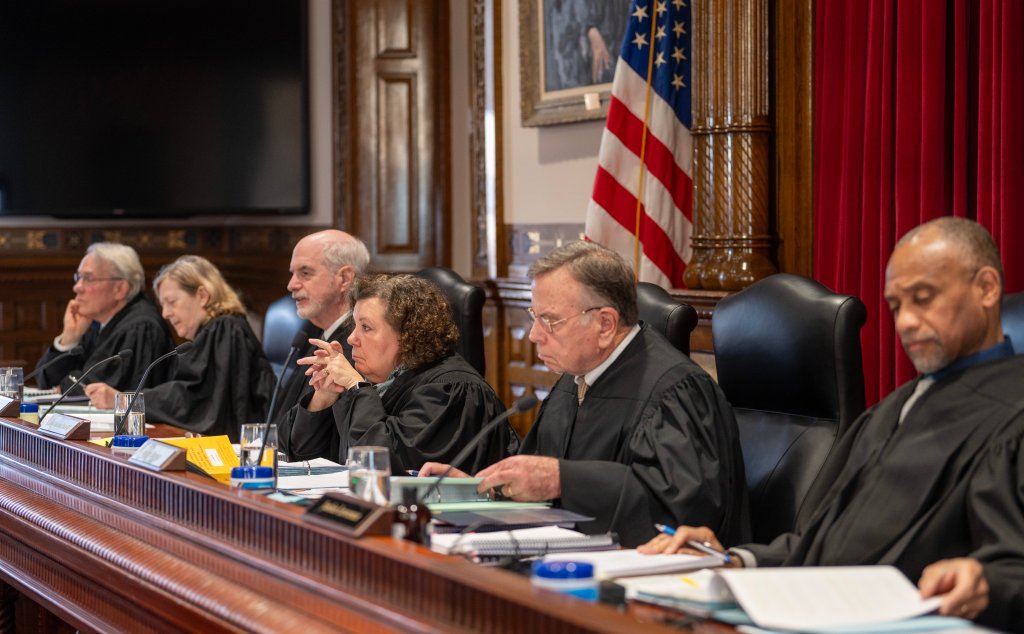Maine’s highest court has denied the state’s attempt to halt an upcoming trial that will focus on Maine’s inability to find enough attorneys to represent hundreds of low-income criminal defendants.
The Maine Commission on Indigent Legal Services, which has been renamed to the Maine Commission on Public Defense Services, has been battling a lawsuit from the American Civil Liberties Union of Maine over this crisis for more than two years.
The ACLU’s original complaint in March 2022 alleged the state was violating the constitution by failing to provide poor Mainers with effective court-appointed legal counsel. The lawsuit focused on the commission, the state agency tasked with overseeing private attorneys doing indigent defense. It argued the commission was failing to ensure lawyers were spending enough time with their clients.
But in the years since, the question has expanded beyond effective representation to any representation at all – there are hundreds of Mainers for whom the court and the commission have not been able to find attorneys for.
Superior Justice Michaela Murphy denied several proposed settlement agreements between the parties, arguing they were turning a blind eye to a growing crisis. In February, she ordered that they prepare for a trial in June and the ACLU asked to add the governor and the attorney general as defendants. A trial date has not yet been set.
An attorney for the state appealed Murphy’s order to the Maine Supreme Judicial Court shortly afterward.
Assistant Attorney General Sean Magenis argued Murphy had “abused (her) discretion in determining that the parties proposed settlement agreement was not a ‘fair, reasonable, and adequate’ resolution of the claims” in the ACLU’s original lawsuit.
In a May 1 order, Associate Justice Andrew Horton said the appeal did not merit the high court’s consideration because there has been no final judgment. He said even if the court vacated Murphy’s order, it wouldn’t force their latest settlement to be approved.
Horton also said the order doesn’t deprive the state agency of any rights or present a “major or unsettled question of law” that would warrant the high court’s consideration.
This story will be updated.
« Previous
Next »
Related Stories





























Invalid username/password.
Please check your email to confirm and complete your registration.
Use the form below to reset your password. When you’ve submitted your account email, we will send an email with a reset code.